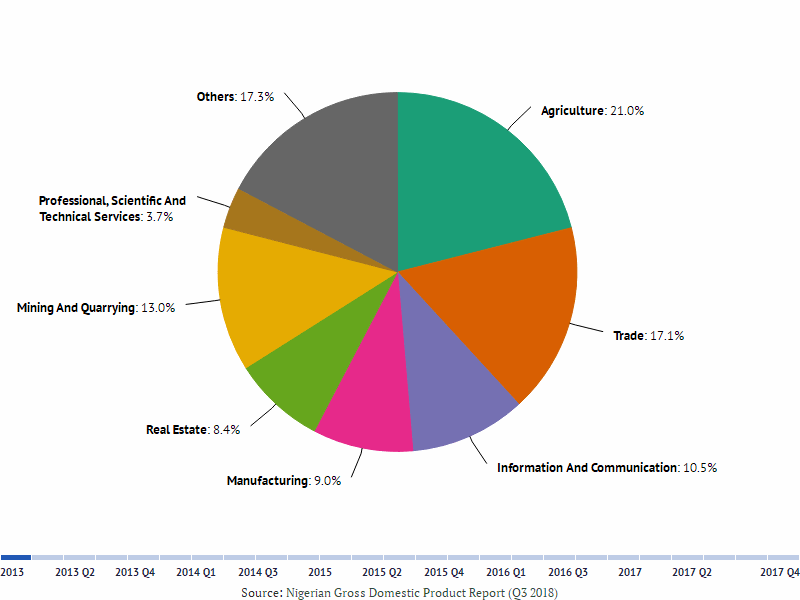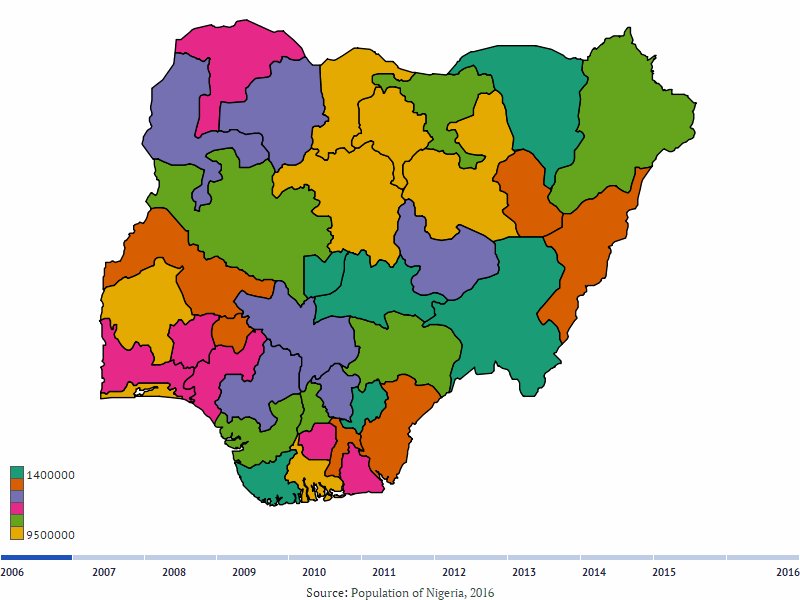Industry and manufacturing refer to the sector of the economy that includes the mining, processing, or transforming of goods. Industry and local manufacturing have been a point of interest for governments in Nigeria for years. The government priorities in the more recent Economic Growth and Recovery Plan (ERGP) and the National Economic Sustainability Plan (NESP) of the Federal Government are focused on raising local production, creating access to loans, and other incentives for specific industries and manufacturers.
This is an area ripe with opportunities which continues to see growth. The emphasis over the next few years will be on key areas of the economy and local content as opposed to import. Government restrictions will be relaxed, sectors like mining and solid minerals will be growth sectors, and single-digit interest rates will also be accessible in these areas. How the NESP and other government policies progress under a new government in 2023 still remains to be seen.
Nonetheless, it is vital that you are prepared for these opportunities as an entrepreneur in the sector. Key areas of interest within the sector could include: the local manufacturing and fabricating of tools and machinery for the sector; training and capacity building for current and potential employees of the sector; local production of previously imported raw materials in the sector and much more.
Key Statistics in Industry and Manufacturing
GDP by Activity Sector 2013 – 2017

Note: We consider mining and quarrying to be industrial activities. As such, for the purposes of this advisory, it falls under the Industry and manufacturing title.
Population Density of Nigeria by State 2006 – 2016

Note: It is important to note the markets that you will hope to access, the population around these markets, income levels, consumer needs and acceptable prices.
Tips for Industry and Manufacturing
- You must think of the scale of the thing before you proceed. You will most likely start small and might be in one of the feeder industries to a larger operation. You might supply raw materials for production, technical expertise, supply goods or provide a service. In every case, it will be useful to understand the value chain and where you fit into it.
- Knowledge will be key to your process. Learning the relevant facts, figures, and regulations that govern your sector is an advantage in building a business that is resilient, responsive, and able to take full advantage of opportunities.
- The expertise does not all have to be yours. Being technically gifted does not necessarily equate to being business savvy. Your focus should be on having a clear outline of what you want to achieve, mapping out how you want to get there, including the expert help you will require to reach your goals.
- There are many sub-sectors in each sector and even those can be split into more needs and business ideas. If the scale of it becomes too big for you to start, always break it down into smaller components that can fit into your immediate business plan.
- Note that industry and manufacturing are areas immediately affected by government policy. Be up to speed on the latest government thinking, policy formulation, policy implementation, and reforms implementable within your sector or sub-sector. This is even more important now, as we approach a changing of the guard in the government.







